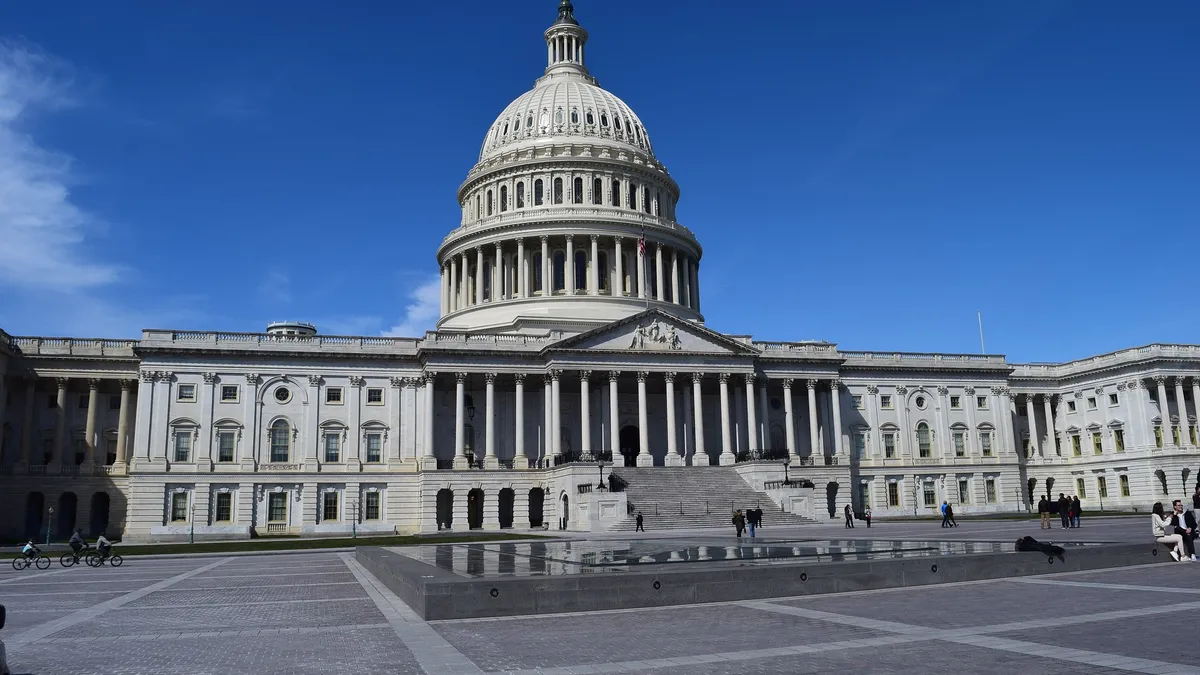Update: December 23, 2019: After a passing Senate vote Thursday, President Donald Trump signed the bipartisan budget package for FY 2020, including an additional $1.3B for education.
Dive Brief:
- The House on Tuesday approved a $1.4 trillion federal funding package that would provide a $1.3 billion increase in overall education spending compared to previous fiscal years.
- Included are an increase in Title I funding by $450 million, an additional $410 million for grants under IDEA, and over $1 billion in increased funding for federal early learning and childcare programs, including a $550 million increase for Head Start and Early Head Start, as well as an extra $25 million in Preschool Development Grants. Spending would remain the same, at $440 million, for the federal Charter Schools Program.
- The bipartisan deal now heads to the Senate, where it is expected to pass before Friday, and the White House has suggested President Donald Trump would sign it.
Dive Insight:
The provisions also include a historic $25 million for gun violence research, the first funding for the cause since 1996. The amount allocated is half the amount the House approved earlier this year.
Additionally, funding would increase for community schools and the Secure Rural Schools Act, which provides funding for rural schools, would be reauthorized for another two years.
Notably, the agreement rejects the Trump administration's proposals for $7 billion in cuts to education spending and an additional $60 million for the Charter Schools Program. The cuts would have eliminated 29 programs, including after-school and summer programs.
Organizations across the educational spectrum are also hailing the agreement as a major win. "Today’s bipartisan vote shows that in the House of Representatives, educators have been heard," National Education Association President Lily Eskelsen García said, adding that the spending package "puts students at the center."
The National Alliance for Public Charter Schools president and CEO Nina Rees said she is "relieved by this outcome." Even though charter spending will remain the same as in 2019, funding levels are still at their highest.








 Dive Awards
Dive Awards





